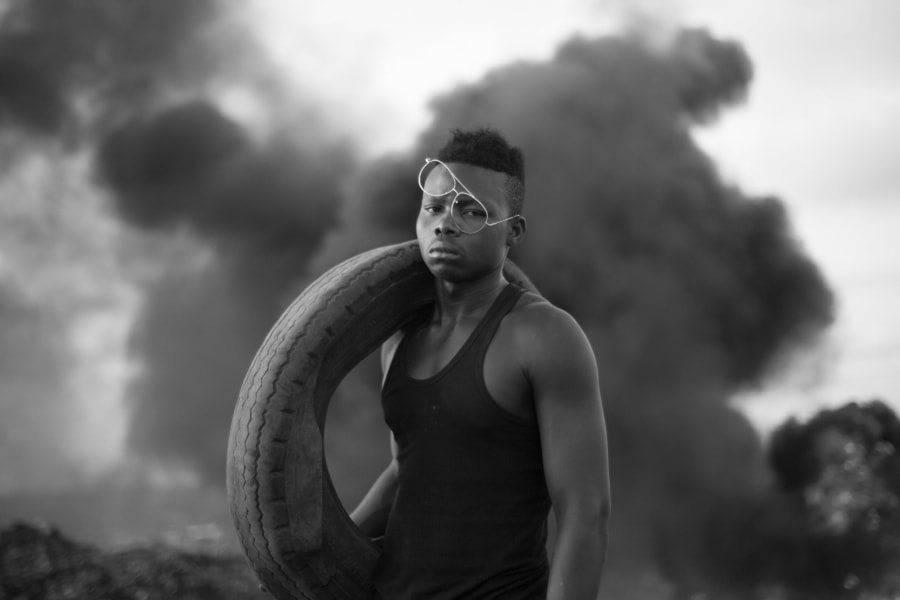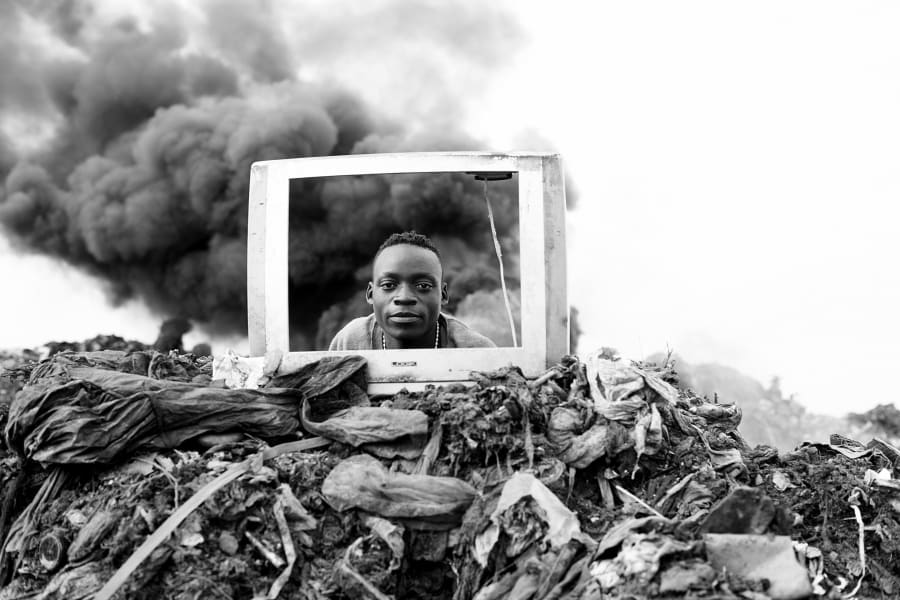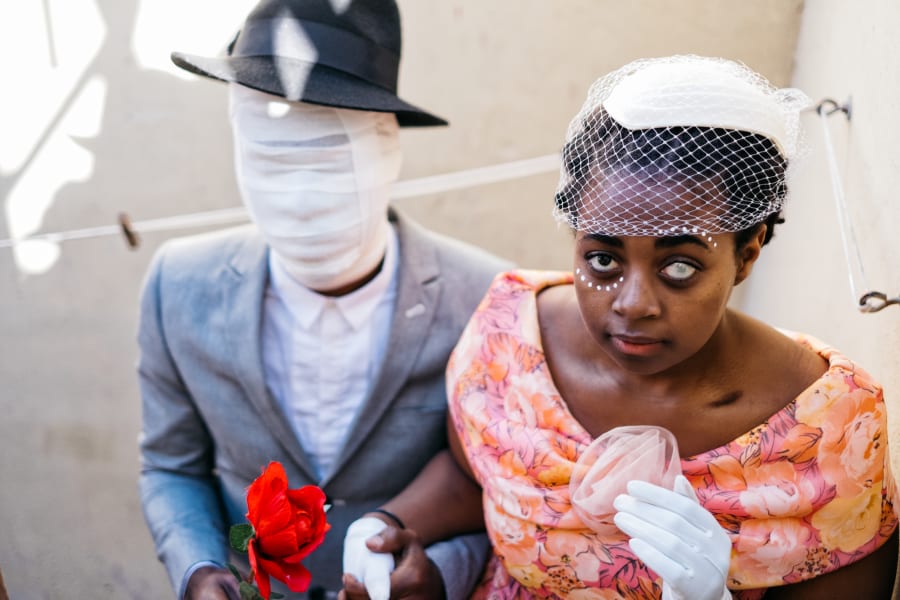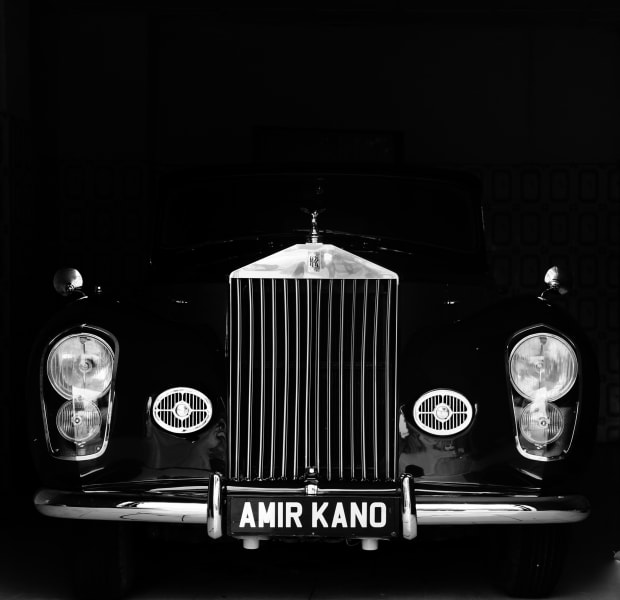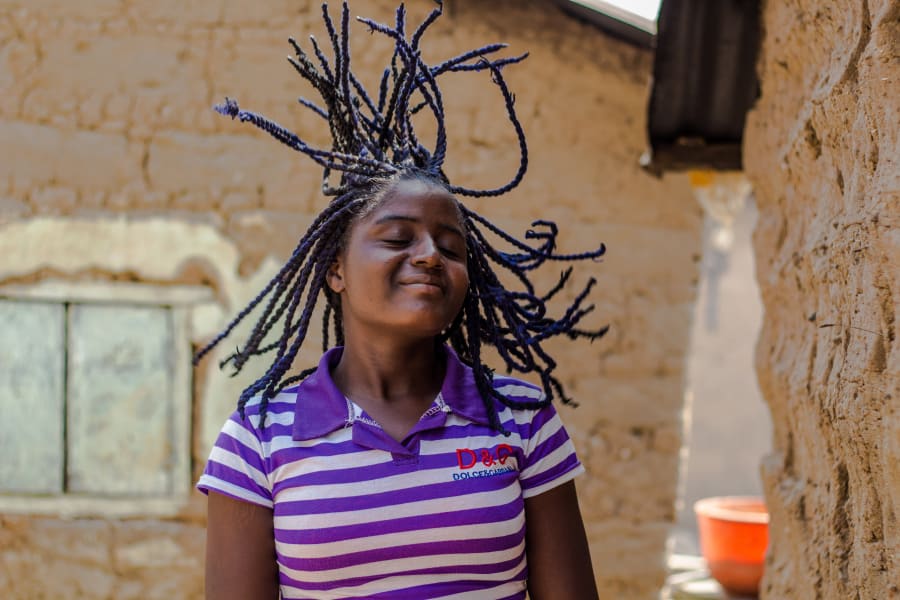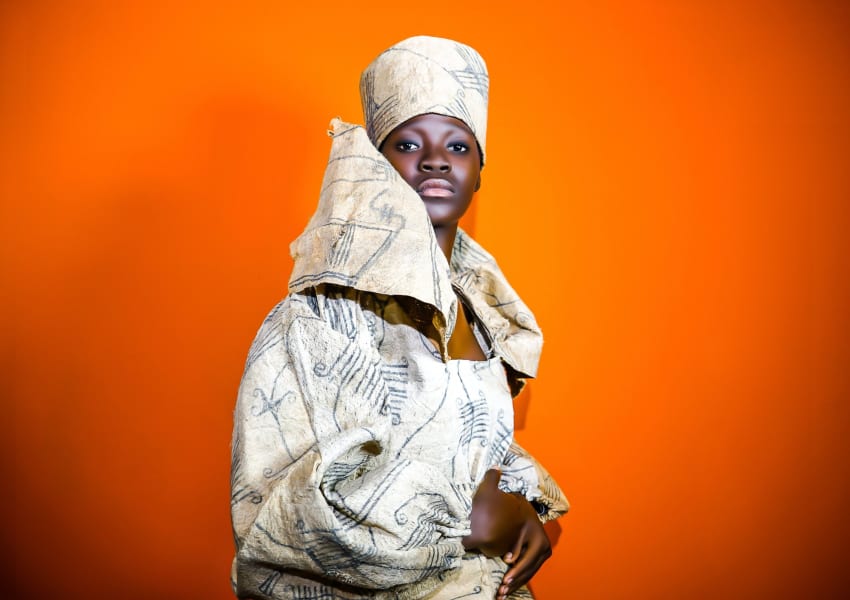Africa
LagosPhoto Festival: Images defining a generation
By Nosmot Gbadamosi, for CNN
Published 1305 GMT (2105 HKT) October 26, 2016
Share
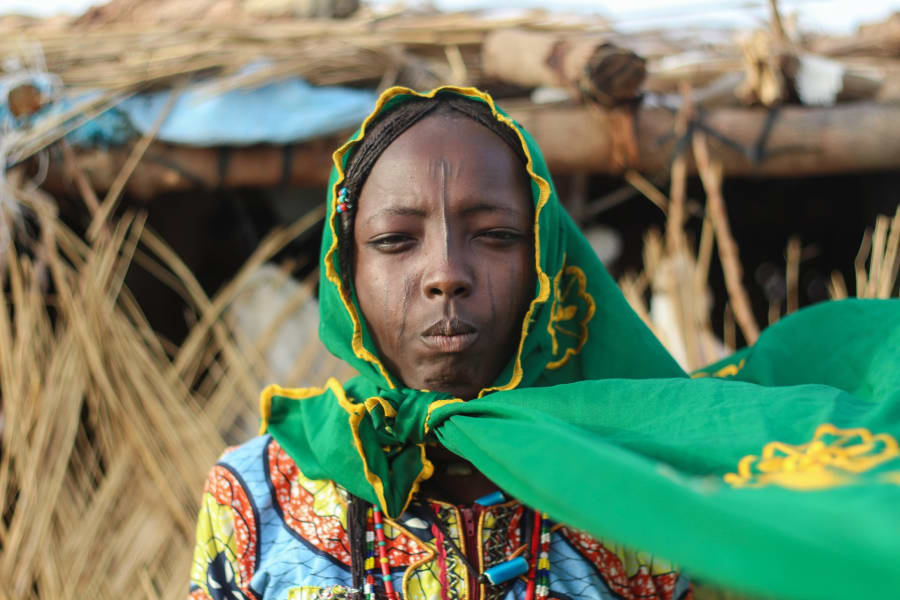

1 of 16
A Kwayam girl in the Dalori nomadic community. Northern Nigeria has become synonymous with car bombings, kidnappings and forced child marriages in the wake of Boko Haram. Born and raised in Maiduguri, 30-year-old Fati Abubakar has been capturing residents living under the Islamic militants shadow. Her Instagram account @bitsofborno aims to document everyday life in Borno State, an area known for frequent Boko Haram attacks. While acknowledging the fear and violence that Boko Haram has caused, her images focus on hope and resilience. Courtesy Fati Abubakar
A vintage 1962 Rolls Royce in the Emir of Kano's fleet. Emirs are rulers of the Fulani region. "A lot of my work has been finding beauty in unusual places," she told CNN. "I always strive to show that beauty is everywhere and that Africa and Africans are beautiful resilient people who thrive anywhere." Courtesy Fati Abubakar
A girl at Kayace, Abuja. Her new series Faces, are portrait shots of people living in and around her community. There are now 2.2 million internally displaced Nigerians as a result of Boko Haram with Maiduguri having doubled in size from the influx of displaced people.
"With this series," says Abubakar. "It is a collection of people who are to me, living in abject poverty but thrive, and still live despite everything around them." Courtesy Fati Abubakar
"With this series," says Abubakar. "It is a collection of people who are to me, living in abject poverty but thrive, and still live despite everything around them." Courtesy Fati Abubakar
Close up of a Yoruba woman wearing garments given as part of her marriage dowry. Akpo's intimate photographs of his grandmother reflect on the ancestral dowry among Yoruba people living in the Republic of Benin and Nigeria. Born in the Yopougon, Ivory Coast, the 33-year-old currently lives and works in Cotonou, Republic of Benin. Courtesy Ishola Akpo
"The [series] essential is invisible to the eyes explores the marriage dowry and the memory of my grandmother through the remaining objects of her dowry," Akpo told CNN. The photographer is interested in how the dowry has changed over time, especially through the changing status of women in the region. It's about "what could be the dowry of the future", he says. Courtesy Ishola Akpo
As part of the 2013 Urban Connections program at the French Institute in Paris, Akpo looked at street food venues within Porto Novo, the administrative capital of the Republic of Benin. Courtesy Ishola Akpo
"Photography" he says, has been a way to "explore, to see the world." Courtesy Ishola Akpo
Afrocyberpunk by Njenga. 31-year-old visual artist and filmmaker Muchiri Njenga is the founder of Studio Ang, a Nairobi-based art collective, creating adverts for some of the world's biggest companies including Google, Visa and Guinness. In this image, his sci-fi character KIII treks across a burned-out factory landscape. Courtesy Muchiri Njenga
Run KT run by Njenga. Many of Njenga's short films feature a young boy with a TV as a head, a commentary on media and its effects on young people. In KIII the Kenyan born visual artist questions, "What happens when futuristic technologies meet magical realism under an African sun?" Courtesy Muchiri Njenga
Photograph from a series titled, Are You Ok? Ogunbanwo's lens often focuses on West Africa's high-end fashion industry. His series on men's hats in Nigeria was featured in Vogue earlier this year. The images pictured here push the country's conventional views on taste and decency by photographing Nigerians dressed in traditional garments but combined with fetish wear. Courtesy Lakin Ogunbanwo
Born in Lagos, Nigeria, 29-year-old Ogunbanwo's wants to explore modern ideas considered "to be at odds with African culture," he writes in his statement for LagosPhoto. The erotic undertones, he insists, "isn't for these elements to look jarring together but for the combination to come off as regular... because in reality it is." Courtesy Lakin Ogunbanwo
A young woman wears handmade clothes woven from raw materials using traditional basket weaving techniques. The images by Keyezua question how developed Angolan design is today? It's about "inviting the viewers to think further than African prints as identity" writes Keyezua, as these "are often produced in Europe by European designers and sold to Africans." Courtesy Keyezua
"Old Angolan weave masters" she writes, "were never challenged to reconstruct and revive traditional crafts made with materials found and further developed in Angola." The Angolan born artist is known for her previous work -- a series of digitally collaged women -- created in support of Artists Against FGM. Courtesy Keyezua
As more on the continent become digitally connected, problems arise on how to effectively dispose electronic waste. Born in Maputo, Mozambique, Mario Macilau's images show the four-year-old Maputo Municipal open pit dumpsite.
"You can find a group of more than two thousand people who make a living out of the e-waste," writes Macilau in a statement to LagosPhoto. "Either by separating and selling recyclable goods such as TVs, computers, tablets and [cellphones] or by living out of whatever they find to be useable."
Courtesy Mario Macilau
"You can find a group of more than two thousand people who make a living out of the e-waste," writes Macilau in a statement to LagosPhoto. "Either by separating and selling recyclable goods such as TVs, computers, tablets and [cellphones] or by living out of whatever they find to be useable."
Courtesy Mario Macilau
A boy plays behind a discarded TV frame. Electronic waste is burned at the site, explains Macilau, releasing hazardous chemicals into the environment. Courtesy Mario Macilau
The highly conceptual 'Broken things' series aims to tell a visual story on two flawed characters that eventually lean to embrace their imperfections. The Cape Town based photographer has also been documenting his depression through, Abstract Pieces, a tumblr he set up, to create a visual story around mental illness in black communities.
Courtesy Tsoku Maela
Courtesy Tsoku Maela
